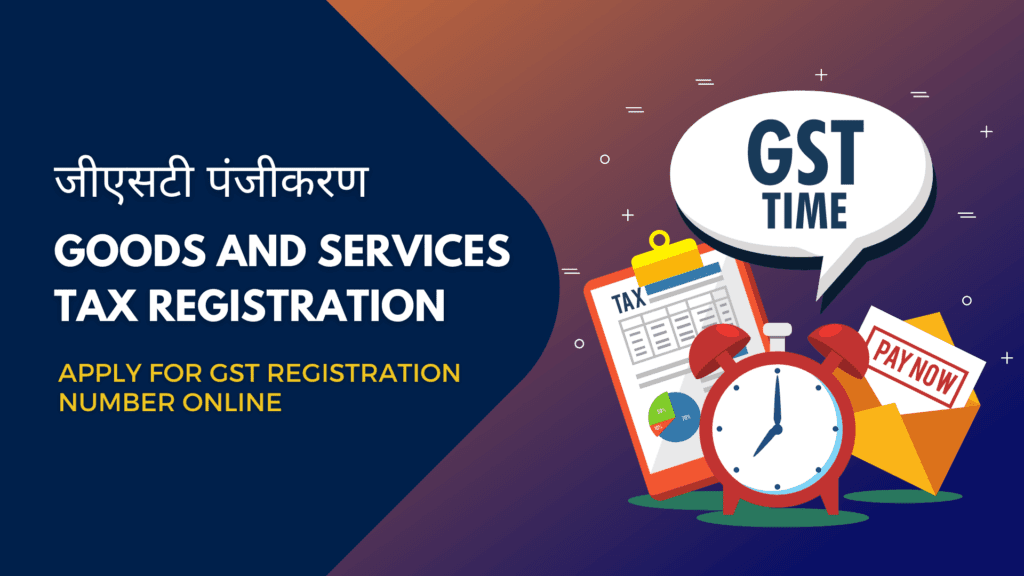GST Compliances in india
We list the GST compliance requirements under the CGST Act, 2017, steps to ease the burden on taxpayers, and penalty provisions under the GST regime for non-compliance. Foreign investors should also pay attention to the provision of Advance Ruling, a mechanism introduced to bring in tax certainty.
Following the introduction of the Central Goods and Services (CGST) Act, 2017, India’s tax authorities have adopted various steps to facilitate and ease compliance among taxpayers.
At the same time, the CGST Act has also prescribed strict provisions to ensure compliance and enforcement across various areas of GST such as GST registration, filing GST returns, and correct entry of invoices.
GST Registration:
- Every business whose aggregate turnover exceeds the prescribed threshold limit is required to register under GST.
- Voluntary registration is also allowed for businesses with turnover below the threshold.
GST Returns:
- Regular taxpayers are required to file monthly, quarterly, or annual GST returns, depending on their turnover and type of registration.
- GSTR-1: Outward supplies details
- GSTR-3B: Monthly summary return
- GSTR-4: Quarterly return for composition dealers
- GSTR-9: Annual return
Invoice Compliance:
- Invoices issued must comply with the GST invoice format.
- Invoices should include essential details like GSTIN, invoice number, date of issue, and other prescribed information.
Reverse Charge Mechanism (RCM):
- Under RCM, the recipient of goods/services is liable to pay GST instead of the supplier.
- Certain specified goods and services fall under RCM, and businesses need to comply with the regulations.
Input Tax Credit (ITC):
- Businesses can claim input tax credit on GST paid on purchases, subject to certain conditions.
- ITC cannot be claimed for personal use or for goods and services used for exempt supplies.
E-way Bill:
- E-way bills are required for the movement of goods exceeding a certain value between states.
- The E-way bill system ensures proper documentation and tracking of goods in transit.
GST Payment:
- GST payments must be made on time to avoid penalties and interest.
- Payment can be made online through the GST portal.
GST Audit:
- Businesses with a turnover above a specified limit are required to undergo a GST audit by a Chartered Accountant or Cost Accountant.
Annual Return:
- All regular taxpayers are required to file an annual return (GSTR-9) providing a summary of the transactions for the financial year.
Compliance with GST Council Notifications:
- Keep abreast of changes in GST rates, exemptions, and other amendments issued by the GST Council.
It’s important for businesses to stay updated on any changes in GST laws and comply with the regulations to avoid penalties and ensure smooth business operations. It’s advisable to seek professional advice to ensure accurate and timely compliance.








